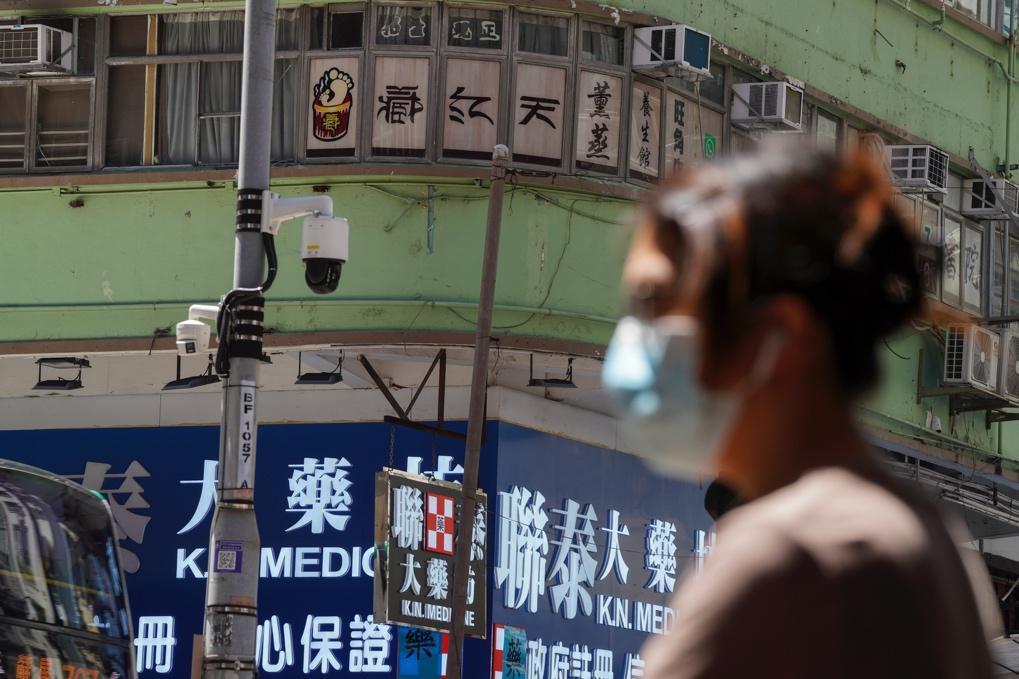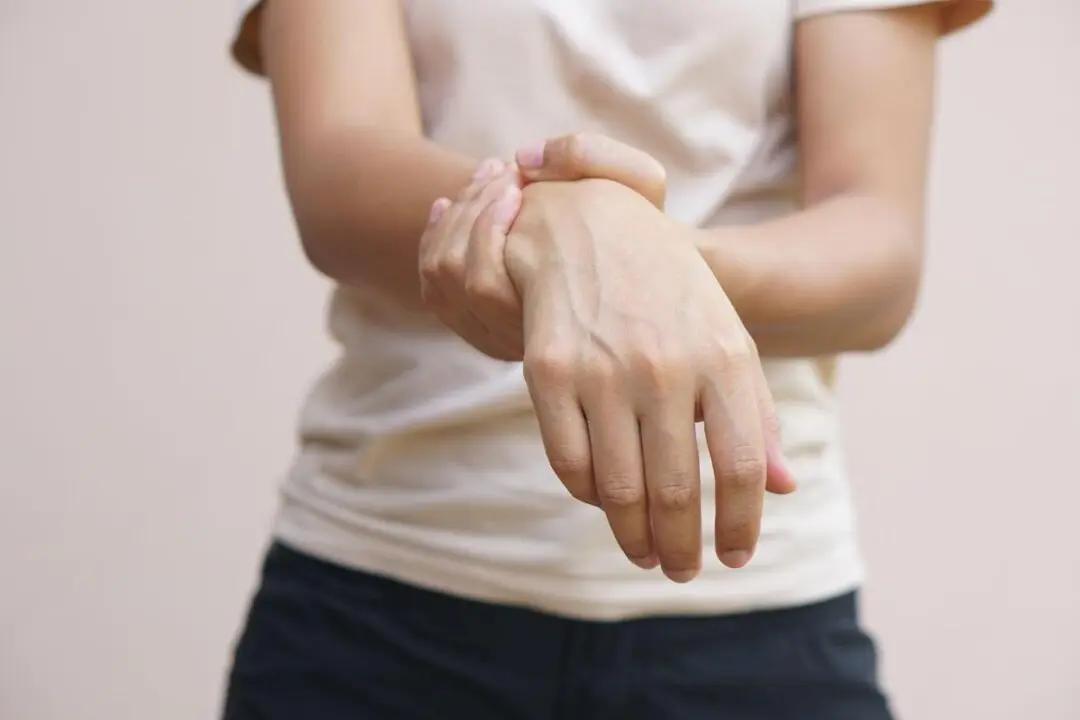Experts are concerned about HK’s plans for CCTV surveillance, saying citywide coverage is another step towards creeping “mainlandization” and will be used to clamp down on what authorities call “soft resistance.”
Kan Kai-yan, Deputy Commissioner of the Hong Kong Police Force responsible for national security, said in an interview with a TV program on July 7 that the installation of closed-circuit televisions (CCTV) is “good for national security and the overall social well-being.”




